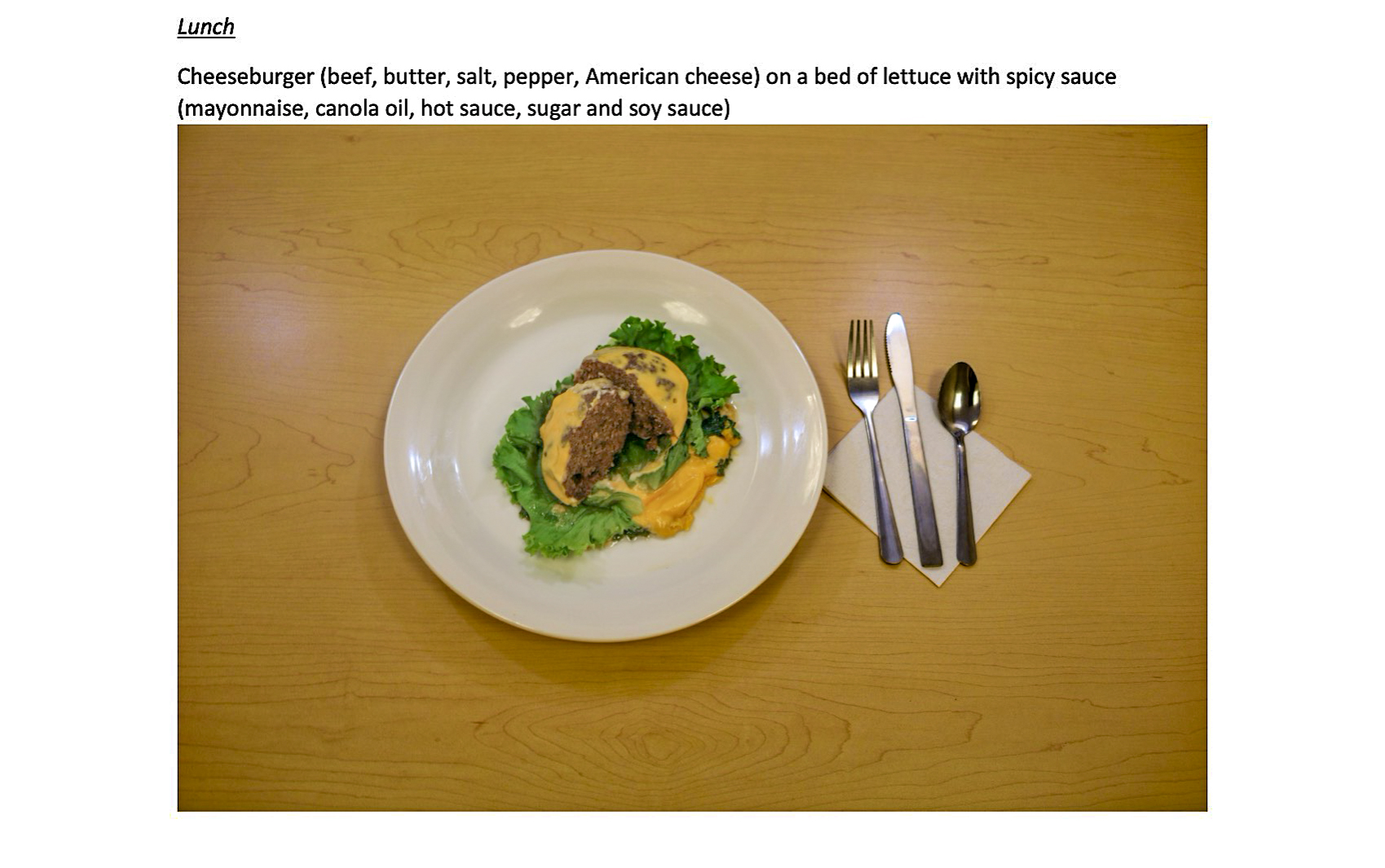
Hall KD, Guo J, Courville AB, Boring J, Brychta R, Chen KY, et al. A plant-based, low-fat diet decreases ad libitum energy intake compared to an animal-based, ketogenic diet: An inpatient randomized controlled trial. [cited 2020 May 7]; Available from: https://osf.io/preprints/nutrixiv/rdjfb/
There has never been an RCT of a whole-food plant-based (vegan) diet vs a whole-food animal-based diet. We’ll have to continue waiting for that study. In the meantime…
You’re probably seeing this because I’ve referred you to it.
Despite the headline, the data as I read it supports the weight stable, less-glucose, less-insulin, better lipid-profile, low carbohydrate animal-sourced diet, with real food, hold the canola-oil, non-starchy veggies ok.
This is a study of volunteers locked in a metabolic ward at NIH for 28 days either fed a low-carb, animal-food based diet, or a low-fat plant-based one.
- The fact above remains re: whole food diet comparisons – significant amount of ultraprocessed food in the animal-food arm (why?).
- Some of the food choices in the animal-based group are bizarre / ones I would never choose for good health (canola oil? American cheese? industrial mayonnaise?). The quantities pictured of the low-fat plant based group are massive (what’s required to ingest for a diet like this to meet calorie needs).
- The PB eaters ate less calories, but they also had lower energy expenditure.
- Spontaneous weight loss is non-significant (i.e. the same) between the two groups regardless
- Concerning (worsening) of lipids in the plant-based group with glucose and insulin spikes to boot. Not a good metabolic change over a lifetime.
- The author from my read of previous work and and unearthed correspondence between himself and Vox journalist Julla Belluz has an intellectual bias against the carbohydrate-insulin model, which means he did a great job accentuating the benefits of the low-fat plant-based diet in this group.
And still, the data presented is not convincing of a switch to low-fat vegan diet. Doesn’t mean it’s a bad choice, just that it’s probably not any better, and probably worse if a person has diabetes or prediabetes (50% of the US population), unless they do a low carbohydrate whole-food plant-based diet, which wasn’t studied here and totally exists and can be done, albeit with challenges.
When papers like this come out, people like me (or should I say “I”) wonder if we’re on the right track diet-wise. This study supports the choice of a ketogenic diet with animal-sourced real foods.. It’s good to be curious.
Please feel free to check my work in the comments. I have a desire to know rather than a desire to be right.
Reference
Hall KD, Guo J, Courville AB, Boring J, Brychta R, Chen KY, et al. A plant-based, low-fat diet decreases ad libitum energy intake compared to an animal-based, ketogenic diet: An inpatient randomized controlled trial. [cited 2020 May 7]; Available from: https://osf.io/preprints/nutrixiv/rdjfb/